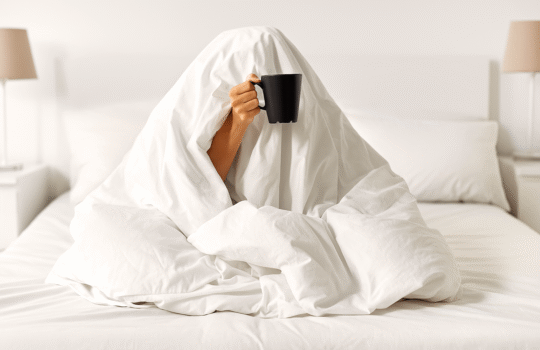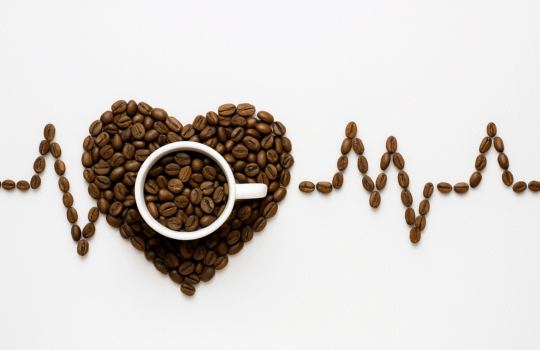Caffeine has its benefits, but excessive consumption carries some risks. Find out how much caffeine is too much and whether you need to limit your consumption. If you rely on caffeine to wake you up and keep you going, you’re not alone. Millions of people rely on it every day to keep them alert and improve their concentration.
How much caffeine is too much already?
For most healthy adults, up to 400 milligrams (mg) of caffeine per day seems safe. That’s roughly the amount of caffeine in four cups of brewed coffee, 10 cans of Coke, or two energy drinks. However, keep in mind that the amount of caffeine in energy drinks can vary widely. Caffeine can be safe for adults, but it is not a good idea for children. Teenagers and adolescents should be cautioned about excessive caffeine intake and mixing caffeine with alcohol and other drugs. For pregnant women with a high daily intake of caffeine (more than 300 mg per day), the World Health Organization recommends reducing their daily intake to avoid potential problems.
What are the symptoms of “precaffeination”?
You may want to limit your caffeine intake if you drink more than 4 cups daily and experience these side effects:
- Headache
- Insomnia
- Nervousness
- Irritability
- Frequent urination or inability to control urination
- Rapid heartbeat
- Muscle tremors
Each of us is different
Some people are more sensitive to caffeine than others. If you are susceptible to the effects of caffeine, even small amounts can cause side effects such as restlessness and sleep problems.
How you react to caffeine may also depend in part on how much caffeine you’re used to drinking. People who don’t drink caffeine regularly tend to be more sensitive to its effects.
Caffeine won’t solve your sleep problem for you
Using caffeine to mask sleep deprivation can create an unwelcome cycle. For example, you may drink caffeinated beverages because you have trouble sleeping during the day. But caffeine prevents you from falling asleep at night and shortens your sleep time.
On the other hand…
The intake of caffeine in recommended amounts in the form of coffee also brings with it a number of positive effects. In addition to caffeine, coffee also contains antioxidants and other active substances that can help prevent certain diseases. Therefore, the following benefits are associated with drinking coffee, for example:
- Drinking one to two cups of coffee a day can help you stave off a heart attack
- Caffeine can help prevent you from developing Parkinson’s disease. It can also help people with the disease better control their movements.
- Drinking even decaffeinated coffee regularly seems to have a protective effect on your liver. Research shows that coffee drinkers have higher levels of liver enzymes in the healthy range than people who don’t drink coffee.
- The caffeine in two cups of coffee may provide significant protection against the onset of Alzheimer’s disease. Researchers found that women aged 65 and older who drank two to three cups of coffee a day were less likely to develop dementia.
- Your body can process glucose better. That’s the theory behind studies that have found that people who drink more coffee are less likely to get diabetes 2. Type.
Conclusion
Caffeine is part of many people’s daily routine and is usually not a health problem and can have beneficial effects. However, think about the possible side effects of caffeine and be prepared to limit it if necessary.






